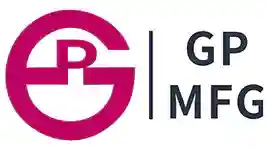Low volume manufacturing on demand
Say goodbye to the high costs and long lead times of mass production. With our small batch manufacturing service, you can produce the parts you need without large minimum order quantities. Our process is flexible, allowing for modifications and changes without the high costs associated with mass production. Whether you need a few parts for testing or a custom design, we can meet your needs.
- 10 to 1000 parts available
- Flexible modifications allowed
- Increase 50% quick turnaround
Our Excellent Low volume manufacturing Services
With our range of equipment and corresponding technologies, we are equipped to provide tailored solutions for your distinct parts requirements.
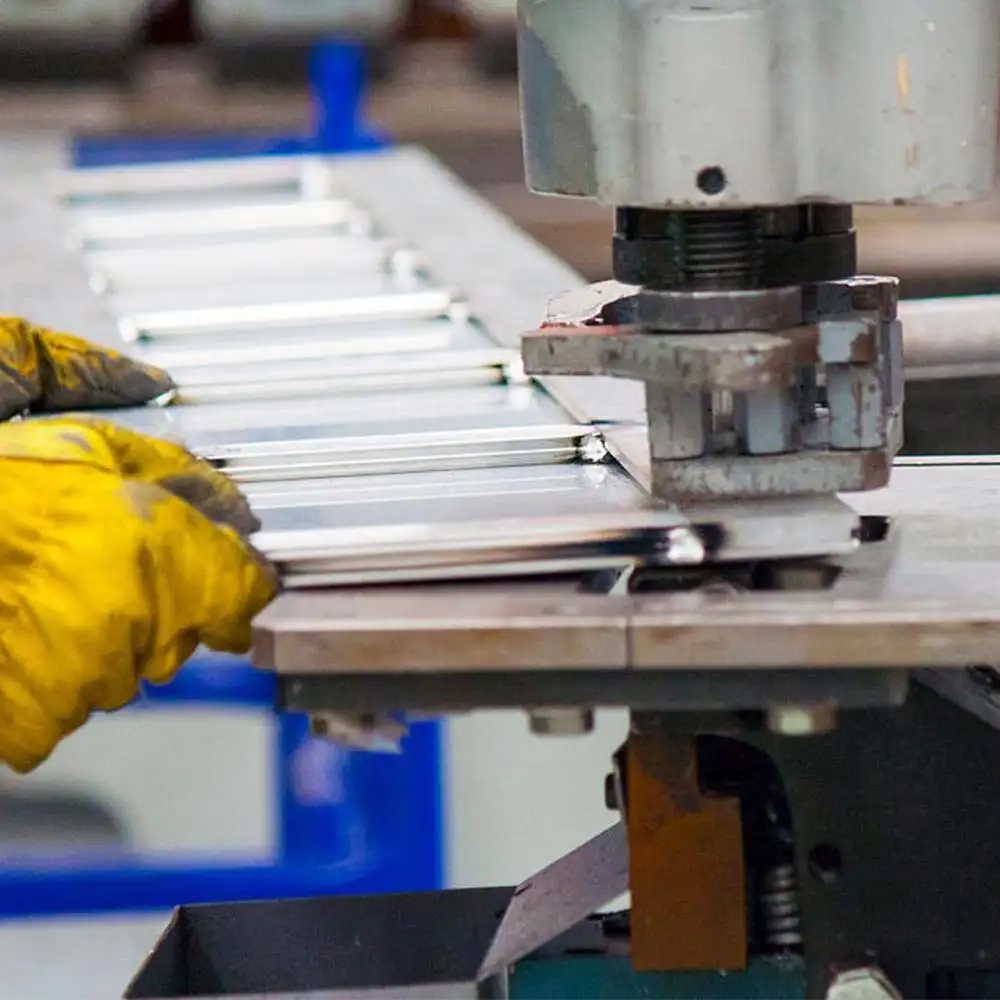
Die Casting
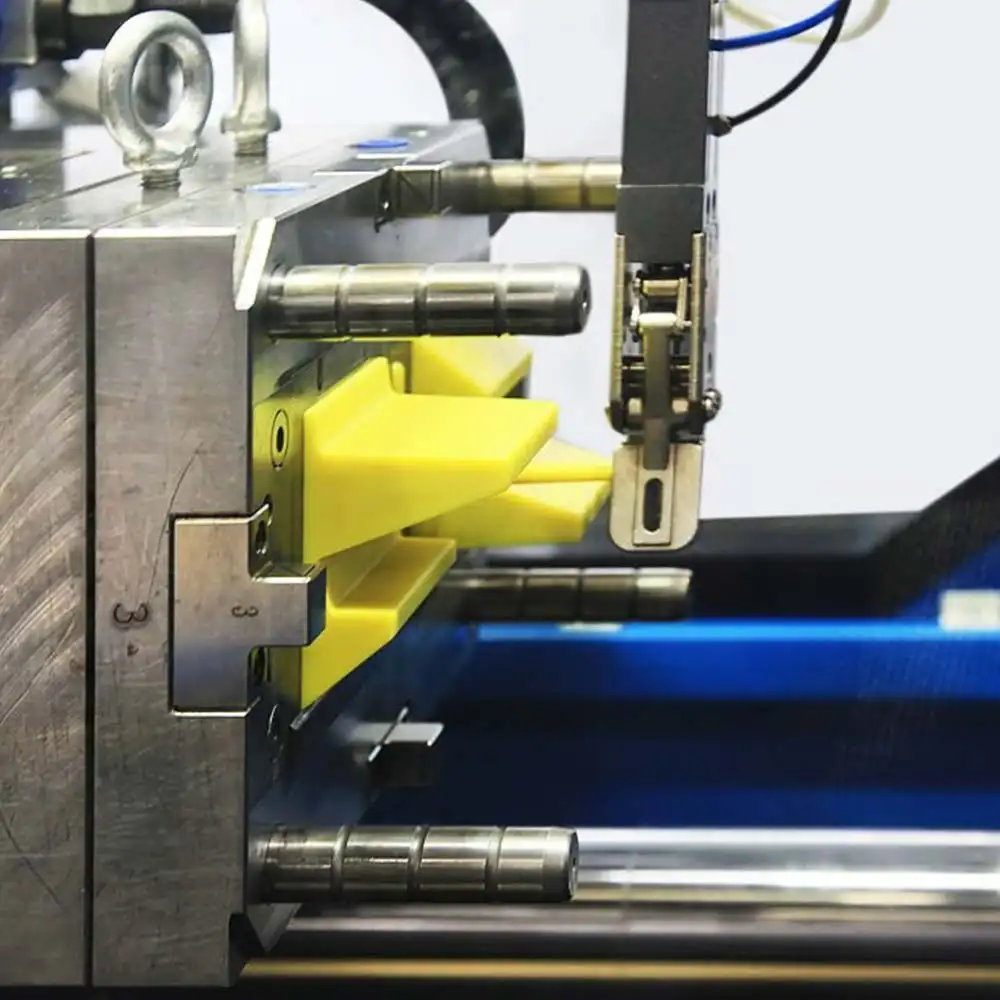
injection molding
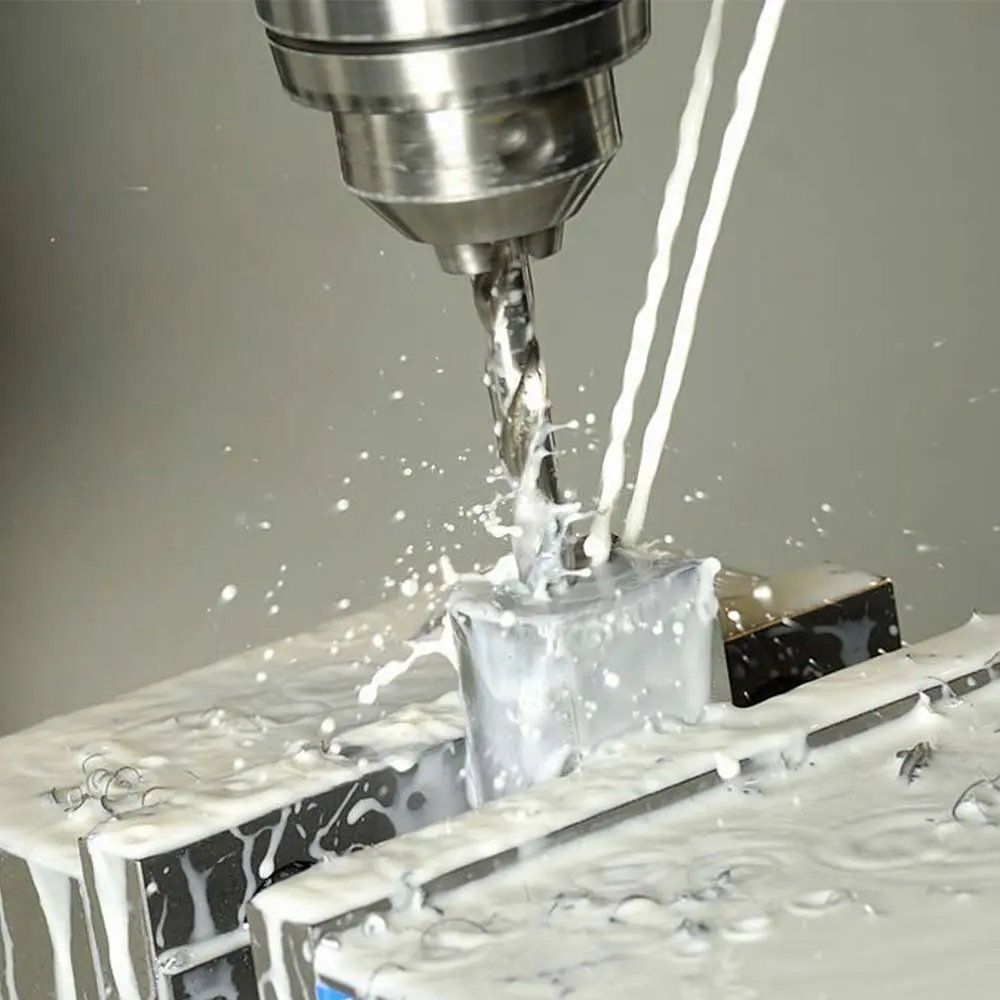
CNC Machining
SILICONE RUBBER MOLDING
Our On-Demand Manufacturing capabilities
Our prototyping capabilities are flexible and adaptable, allowing us to create a wide range of prototypes for different industries and applications.
Low volume Injection Molding
Our rapid prototyping materials are designed to meet the demands of modern product development. From flexible, rubber-like materials to rigid, high-strength plastics, we’ve got you covered. Our materials are compatible with a range of all technologies, making it easy to create the perfect prototype for your needs.
| Standard capabilities | Description |
| Mold cavity tolerances | ±0.05 mm |
| Standard lead time | 15 business days or less |
| Part to part repeatability | ±0.1 mm |
| Production grade | 1-100,000 cycles |
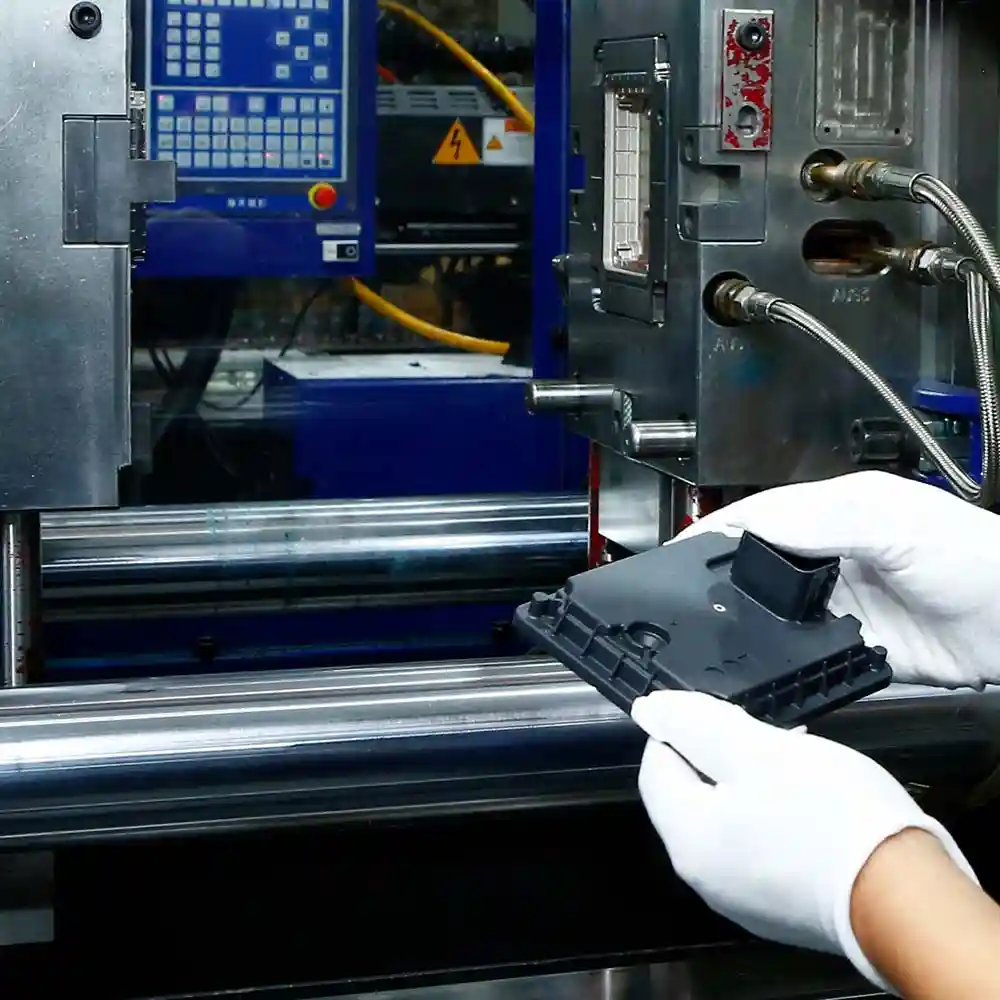
Low volume Die Casting
Our rapid prototyping materials are designed to meet the demands of modern product development. From flexible, rubber-like materials to rigid, high-strength plastics, we’ve got you covered. Our materials are compatible with a range of all technologies, making it easy to create the perfect prototype for your needs.
| Dimension | Standards |
| Minimum part weight | 0.017 kg |
| Maximum part weight | 12 kg |
| Minimum part size | ∅ 17 mm × 4 mm |
| Maximum part size | 400 mm × 300 mm |
| Minimum wall thickness | 0.5 mm |
| Maximum wall thickness | 12.7 mm |
| Tolerance class for casting | ISO 8062 ST5 |
| Minimum possible batch | 1000 pcs |
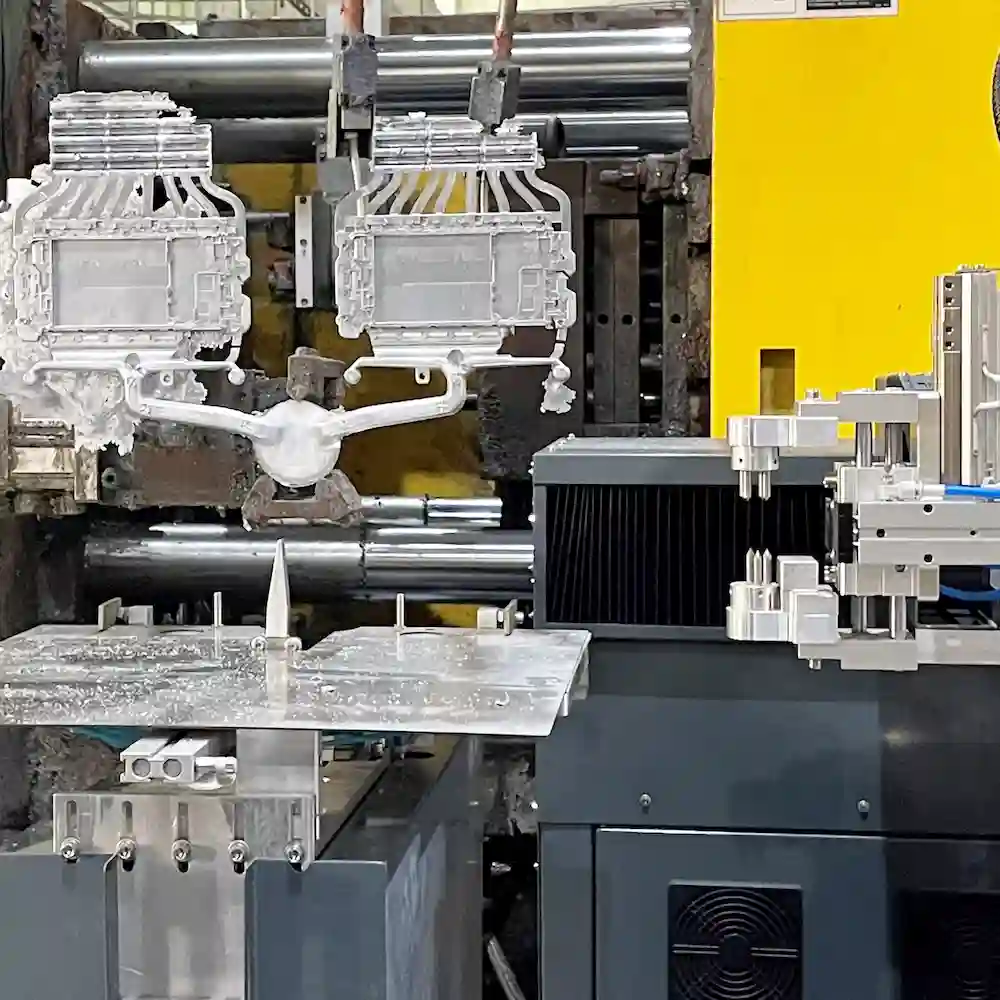
Low volume silicone rubber Molding
Our rapid prototyping materials are designed to meet the demands of modern product development. From flexible, rubber-like materials to rigid, high-strength plastics, we’ve got you covered. Our materials are compatible with a range of all technologies, making it easy to create the perfect prototype for your needs.
Material | Solid silicone rubber |
Process | Compression Molding |
Environmental safety | Environmental Class |
Application | Electronics and Electrical Industry,etc |
Product Tolerance | Tightest ±0.05 mm,Recommend ±0.1 mm |
Product Thickness | Avarage 3.0 mm,Min. 0.4 mm,Max. 15-20 mm and 30mm for ball |
Assembly Gap | 0.2-0.5 mm |
Shrinkage | 1.03 |
Cutting Method | Tear Lines Made In Mold |
Pull Off Flash Material | |
Temperature Range | Operating Temperature: -30° C to +180° C |
Storage Temperature: -42° C to 250° Cs |
Low volume CNC Machining
When it comes to quick prototyping of plastic and metal parts, CNC machining tops the list as the ideal production method. We’re proud to say that our services can create all the prototypes you require with the utmost precision and detail, and within a remarkably short timeframe.
| Type | Tolerance |
| Linear dimension | +/- 0.025 mm (+/- 0.001 inch) |
| Hole diameters (not reamed) | +/- 0.025 mm (+/- 0.001 inch) |
| Shaft diameters | +/- 0.025 mm (+/- 0.001 inch) |
| Part size limit | 950 * 550 * 480 mm(37.0 * 21.5 * 18.5 inch) |
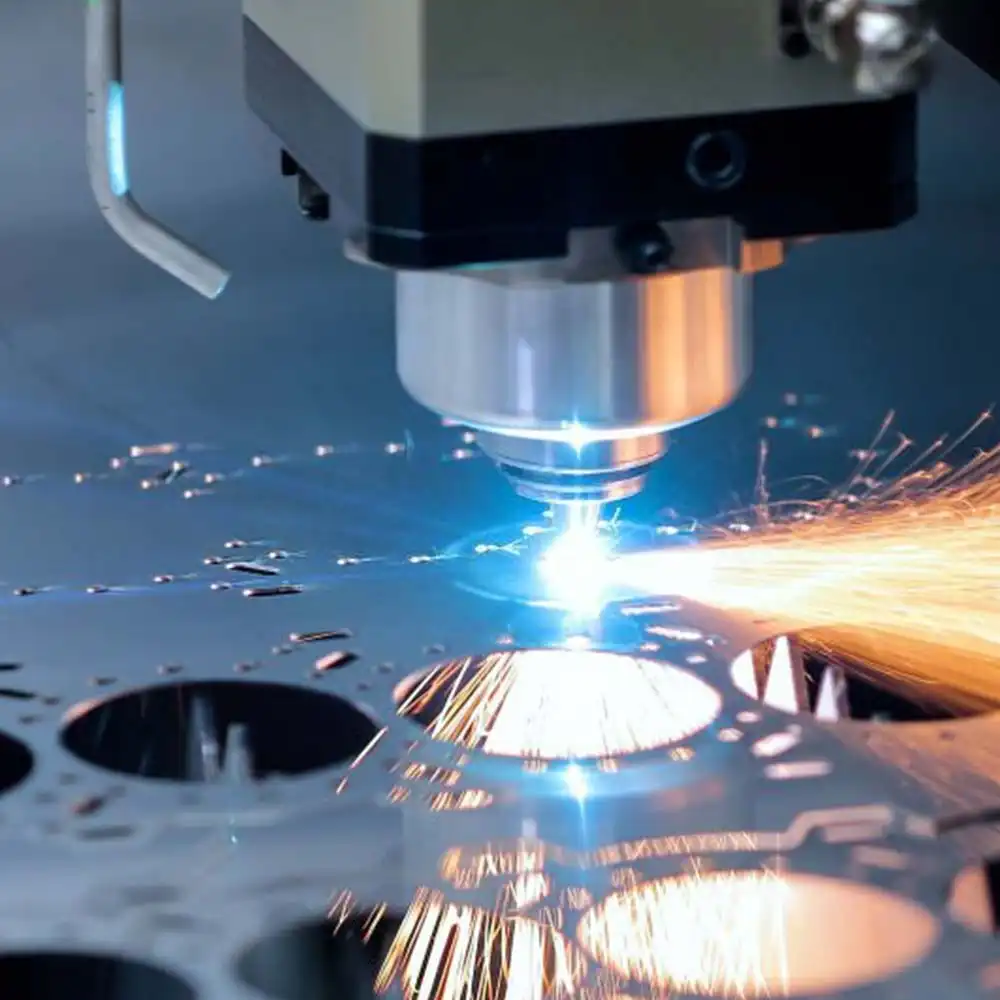
Rich choice of materials
Whether you’re a designer, engineer, or inventor, our materials will help you bring your ideas to life with precision and ease. Plus, our materials are affordable, so you can iterate and perfect your designs without breaking the bank.
- ABS(Acrylonitrile Butadiene Styrene)
- HDPE(High Density Polyethylene)
- LCP (Liquid Crystal Polymer)
- Nylon 66(Polyamide 66)
- PBT(Polybutylene Terepthalate)
- PC(Polycarbonate)
- PE(Polyethylene)
- PMMA(Acrylic)
- PP(Polypropylene)
- PPS(Polyphenylene Sulfide)
- SAN(Styrene Acrylonitrile)
- POM(Acetal)
- LDPE(Low Density Polyethylene)
- PVC(Polyvinylchloride)
- TPR(Thermo Plastic Rubber)
- TPU(Thermoplastic Polyurethane Elastomer)
Benefits of low volume manufacturing
At GP MFG, we specialize in producing low-volume parts to help our customers overcome budget constraints. Our low-volume production process helps speed time to market, inventory management, and thorough pilot testing to reduce potential risks before starting mass production.
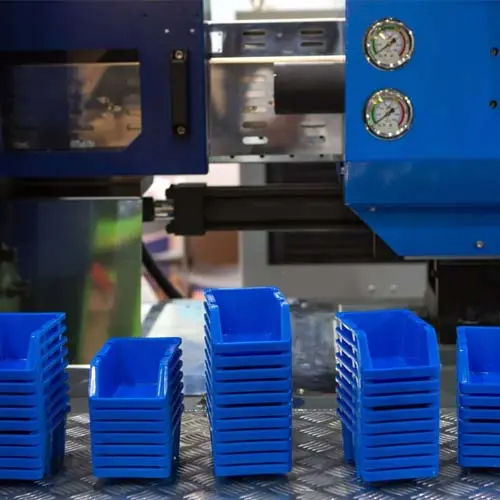
Quick Market Access Enabled by Minimal Product Quantities
Producing small quantities can facilitate rapid market entry. Small volume production is the best way to generate sufficient sales without creating an overwhelming inventory burden. In addition, a streamlined supply chain for smaller quantities can reduce lead times so that items can be shipped in days or weeks rather than months. This accelerates time to market.
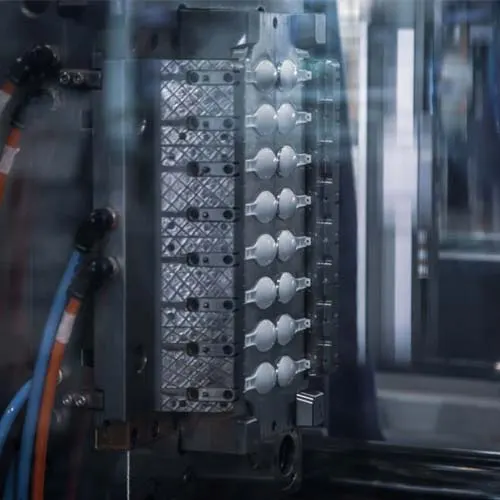
Boost Your Business Revenue with Our Low-Volume Manufacturing Services
Our flexible low-volume manufacturing services enable businesses to modify their designs or product sizes quickly, without affecting the overall quantity of goods or incurring any losses. With our services, companies can easily turn a profit and swiftly recreate products in case of any errors during the manufacturing process, without any hassle or difficulties.

Adaptable to market responses with the ability to make changes at any time
When engaged in the manufacturing process, it's possible to encounter instances where you may want to alter some aspects of the design. In such cases, low-volume manufacturing provides the flexibility to make those changes without significantly impacting the entire order.
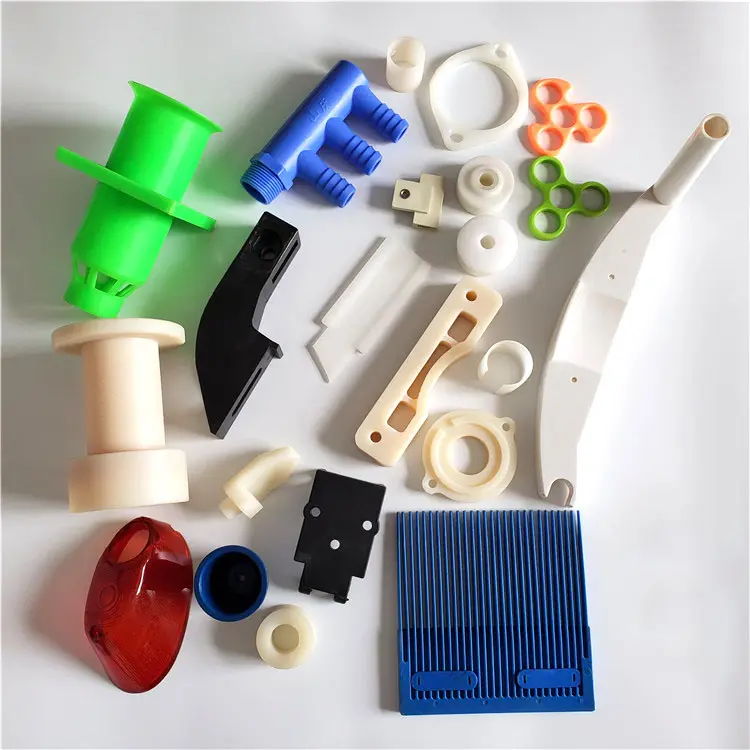
Rapid Response Strategies for Shorter Product Life Cycles
Flexible production processes for low-volume manufacturing allow rapid adaptation to changing customer needs and market trends. Advanced technologies enable rapid prototyping and customization, resulting in shorter time-to-market. Collaboration with GP MFG streamlines the supply chain, reducing lead times and improving responsiveness.
On-demand production of parts
High-Quality parts with consistency beyond your expectations
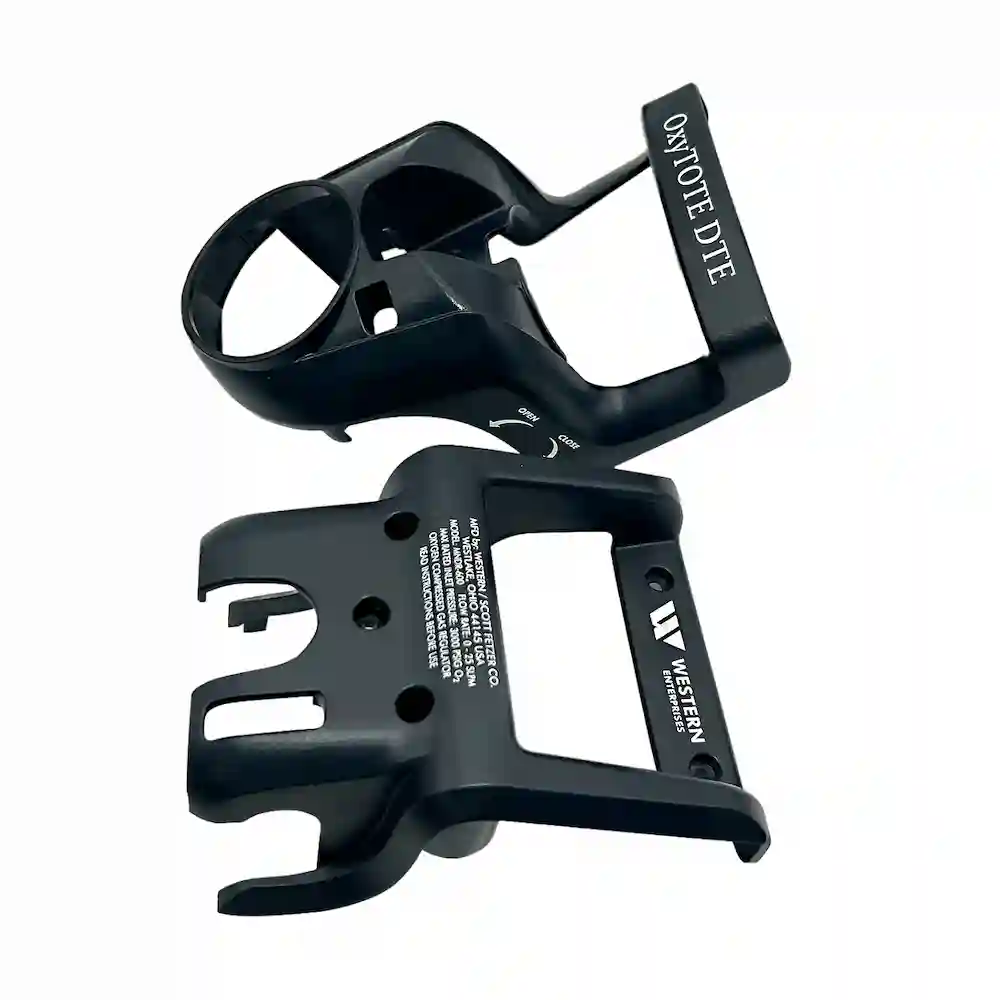

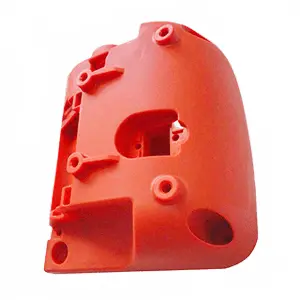
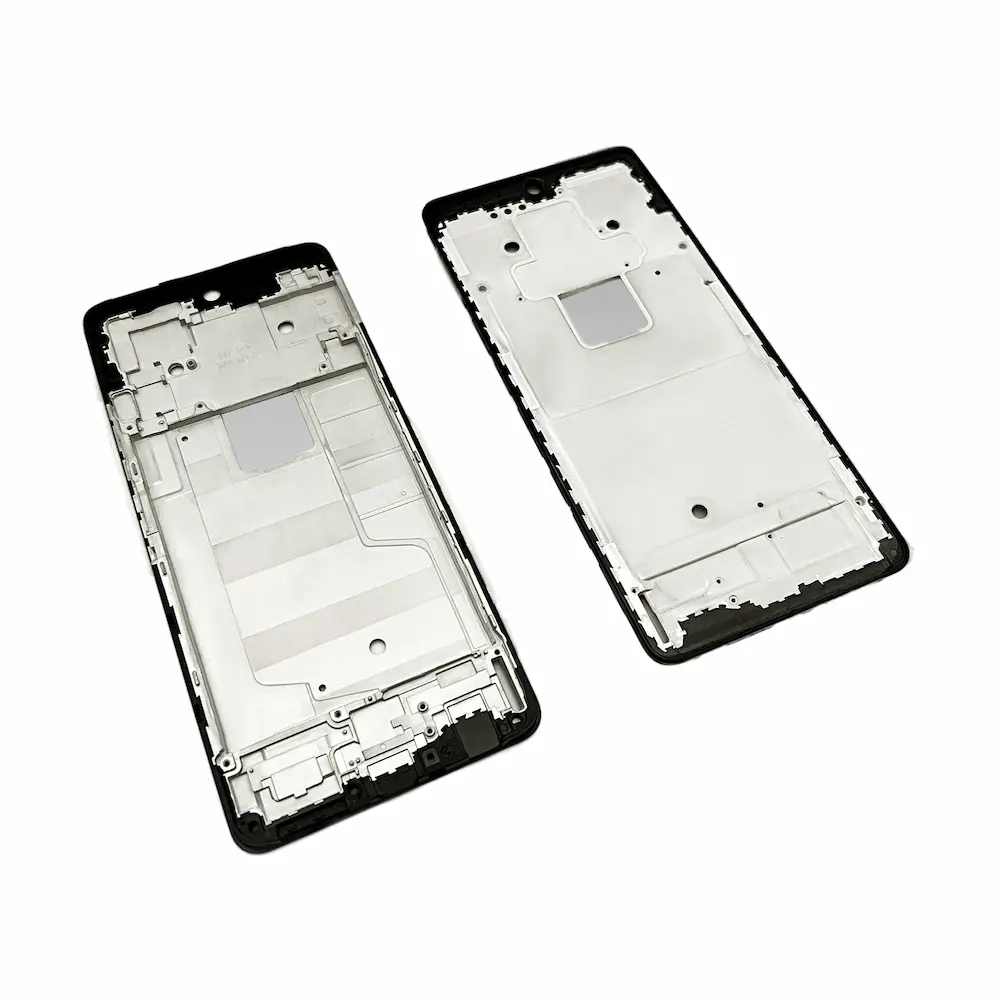
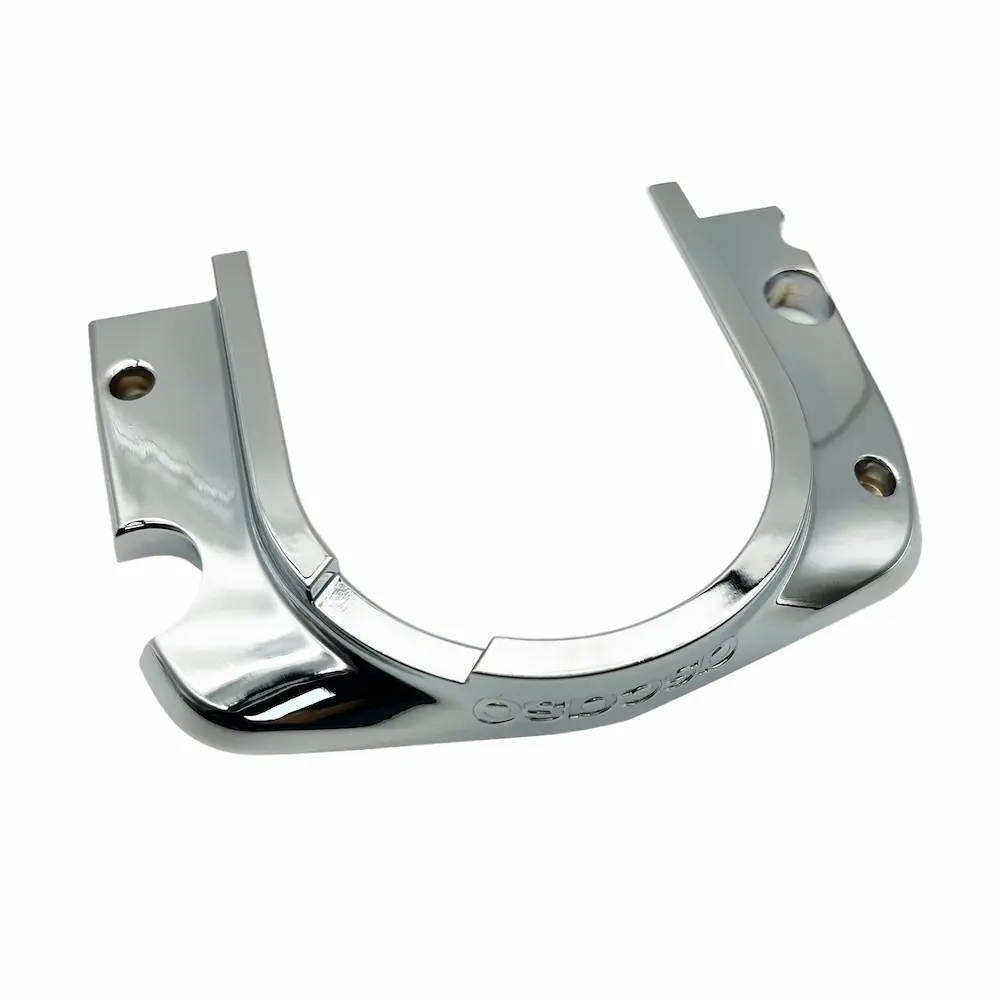
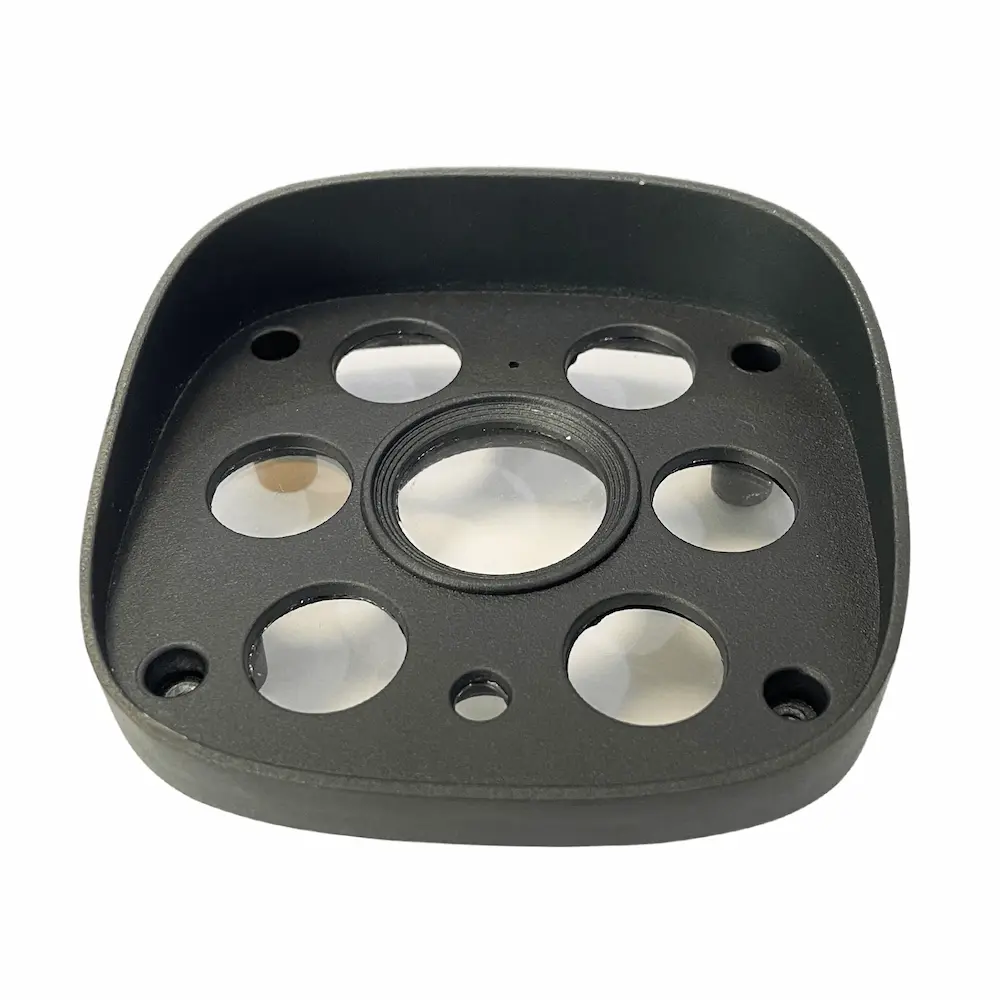
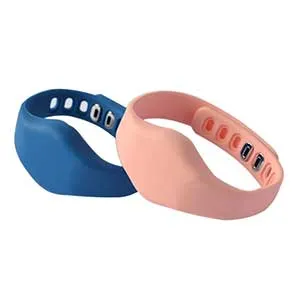

GP MFG is your best choice for On-demand Production Solutions
With our prototyping capabilities, you can tailor your product to meet your exact specifications and design needs.
Fast Turnaround Time
We understand that time is of the essence when it comes to prototyping. That's why we offer some of the fastest turnaround times in the industry. With our advanced technology and expertise, we can deliver your prototypes as quickly as 24-48 hours.
High-Quality Prototypes
At GP MFG, we are committed to delivering only the highest quality prototypes. Whether you need metal or plastic parts, we use the latest technology and the best materials to ensure that your prototypes meet your exact specifications.
Affordable Prices
We believe that everyone should have access to high-quality prototypes at an affordable price. That's why we offer some of the most competitive prices in the industry. With our streamlined process and state-of-the-art technology, we can keep our costs low without sacrificing quality.
High-Quality Results:
At GP MFG, we are committed to delivering high-quality results that meet your exact specifications. We use only the best materials and the latest manufacturing techniques to ensure that your prototypes are durable, functional, and visually appealing.
On-Demand Production
GP MFG offers an on-demand production service that is one of its top features. This service enables us to cater to the requirements of any client, be it a single prototype, a small batch, or a large-scale production order.
Diversified Processing Technology
At GP MFG, we pride ourselves on being a comprehensive supplier with cutting-edge technology to produce parts at scale. Our expertise includes CNC machining, metal and plastic injection molding, die casting, metal stamping, silicone rubber molding, and other manufacturing processes.
Comprehensive Surface Finishing Tech
We understand that the appearance of your prototypes is just as important as their functionality. That's why we offer a range of surface finishing options, including painting, anodizing, and polishing, to ensure that your prototypes look as good as they perform.
Experienced Team
Our team of engineers and technicians has years of experience in prototyping and manufacturing. We work closely with you to understand your needs and ensure that your prototypes meet your exact specifications.
Successful & efficient projects and reviews
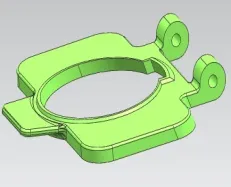
Part Name
INNER COVER
Material
Nylon
Quantity
1000
Process
Molding by Rapid Mold
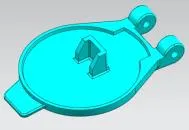
Part Name
OUTER COVER
Material
Nylon
Quantity
1000
Process
Molding by Rapid Mold
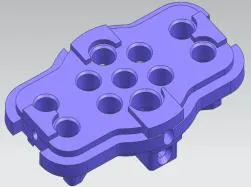
Part Name
PIN BASE
Material
Nylon
Quantity
1000
Process
Molding by Rapid Mold
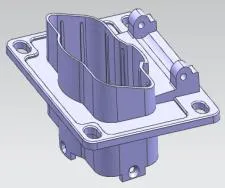
Part Name
PIN HOUSING
Material
Nylon
Quantity
1000
Process
Molding by Rapid Mold
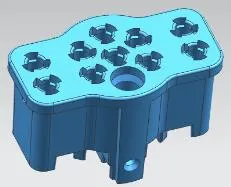
Part Name
SOCKET BASE
Material
Nylon
Quantity
1000
Process
Molding by Rapid Mold
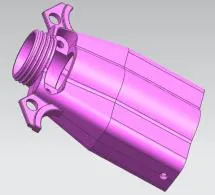
Part Name
SOCKET HOUSING
Material
Nylon
Quantity
1000
Process
Molding by Rapid Mold
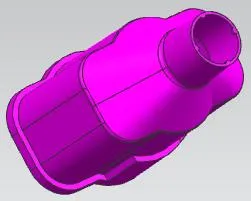
Part Name
RUBBER CASE
Material
Rubber
Quantity
1000
Process
Molding by Rapid Mold
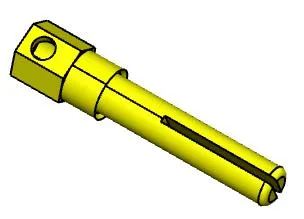
Part Name
Pin
Material
Metal
Quantity
11,000
Process
CNC turning
How to quickly proceed
This is a space to showcase any publications your business has been featured in
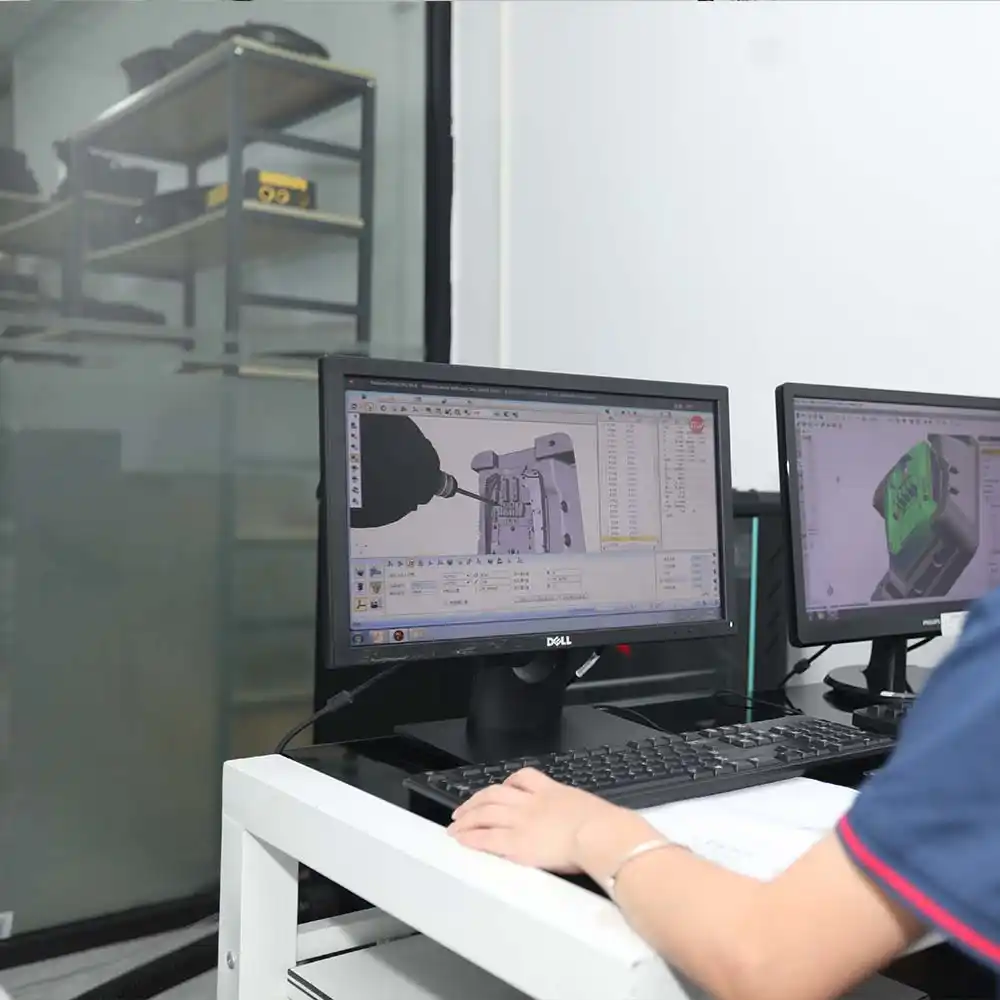
Design
The first step in rapid prototyping is to create a design or a blueprint of the product or service. This can be done using various tools such as sketching, computer-aided design (CAD), or 3D modeling software. The goal is to create a visual representation of the product or service that can be used as a reference for the next step.
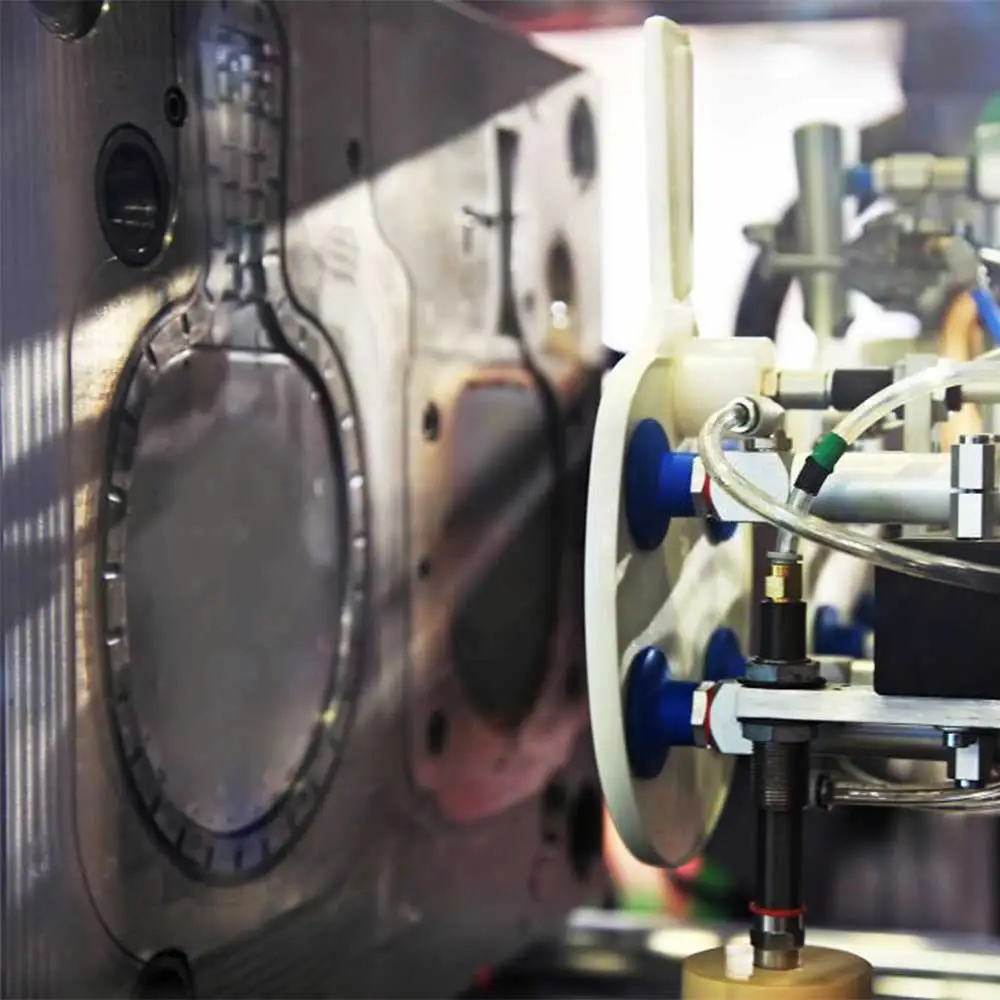
Prototype
The second step is to create a physical or digital prototype of the product or service. This can be done using various techniques such as 3D printing, CNC machining, or software simulation. The goal is to create a working model that can be tested and evaluated.
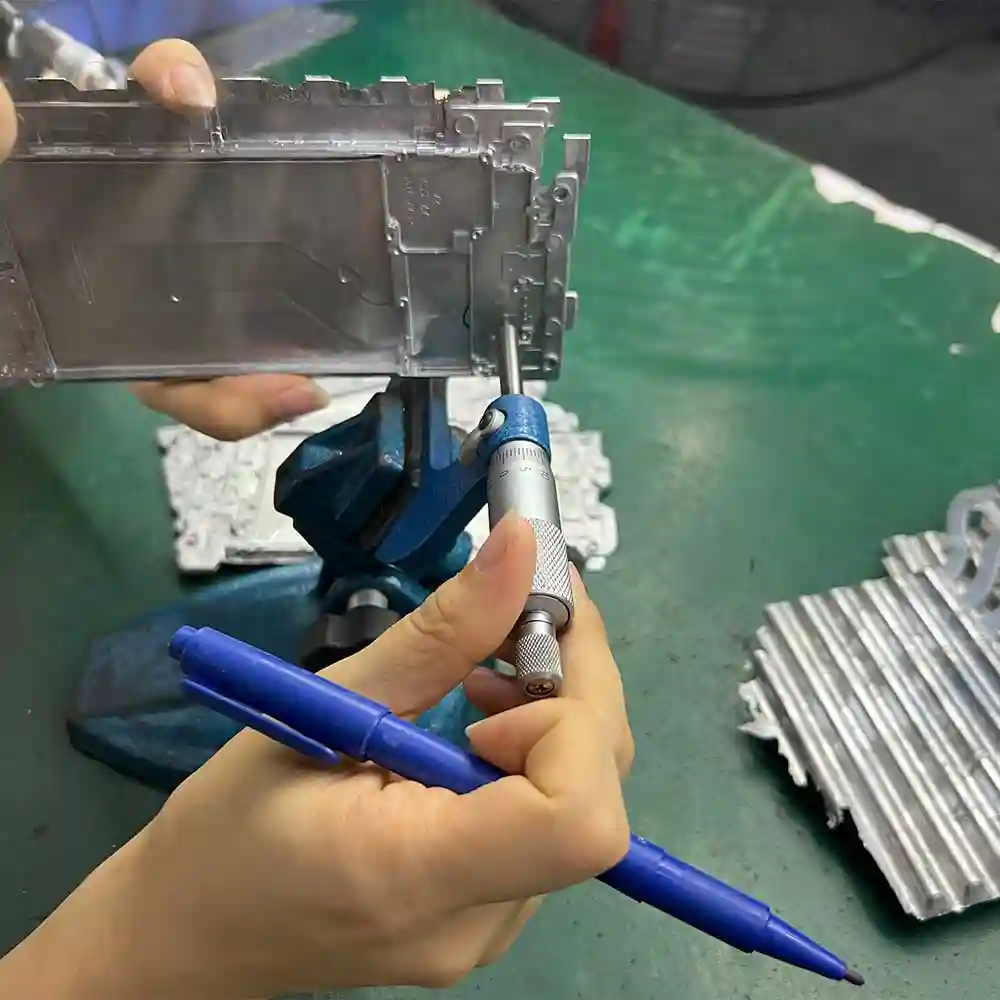
Test
The third step is to test the prototype to identify any potential problems or issues. This can be done using various methods such as user testing, functional testing, or performance testing. The goal is to identify any areas that need improvement and make necessary changes to the prototype.

Refine
The fourth and final step is to refine the prototype based on the feedback and results of the testing. This involves making any necessary changes and improvements to the design, prototype, or both. The goal is to create a final prototype that meets the requirements and expectations of the stakeholders.
Immediately start the next project and occupy the market
Low volume manufacturing Guide - FAQ
1. What is Low volume manufacturing?
Low volume manufacturing is the production of relatively small quantities, usually ranging from a few dozen to several thousand.Through CNC machining, injection molding, die casting and silicone molding, GP MFG can facilitate and accelerate your rapid prototype product development cycle. With an average lead time of 48 hours, we can manufacture a specified number of parts for market entry, consumer testing and transition to volume production.
If you only need a few parts and are not considering investing in the expensive equipment or tooling required for mass production, our flexible and cost-effective small batch manufacturing is the best solution for you.
2. What are the advantages of low volume manufacturing?
- Access to emerging markets: Low-volume production allows for accelerated lead times, enabling companies to gain access to emerging markets before their competition.
- Shorter production cycles and lead-times: With low-volume production services, tooling and high capital costs are eliminated, allowing for faster production cycles and shorter lead times, all while saving money, time, and energy.
- Cost reduction: With no high tooling costs and flexible order quantities, low-volume production services can help drive down costs and optimize budget relative to full-scale manufacturing.
- Design changes and rapid iteration: Digital manufacturing techniques utilized in low-volume production allow for quicker design changes and faster responses to product life cycle challenges.
- Bridge to mass production: Low-volume manufacturing serves as a bridge to mass production by allowing companies to manage risk and study demand in emerging markets before making significant capital investments.
- Production-grade quality: Low-volume manufacturing techniques such as die casting, CNC machining, and injection molding enable the production of high-quality, functional parts without compromising product quality, making it a cost-effective option for companies looking to produce parts in small quantities.
3. When to choose low volume manufacturing?
- You need a small number of parts: If you only need a small number of parts, it may not be cost-effective to invest in high-volume manufacturing. Small batch manufacturing is ideal for small production runs that require less than 1,000 pieces.
- You need customization or flexibility: Small batch manufacturing allows for greater flexibility in the production process. This can be useful if you need custom parts that are not available through standard high-volume production processes.
- You want to test the market: If you are unsure of the demand for your product, small batch manufacturing allows you to test the market without making a large investment in high volume production.
- You have a complex product: If your product is complex and requires a high degree of customization, small batch manufacturing may be the best option. This allows for better control of the manufacturing process and ensures that each part is produced to your exact specifications.
- You have a limited budget: Small batch manufacturing is usually more affordable than high volume production, which is a good option if you have a limited budget.
4. What stages does a product go through before being manufactured in low volume?
Before a product is produced in low volume, it typically goes through several development and prototyping phases. The following are the most common phases that a product goes through prior to small production runs:
- Conceptualization: The first stage is conceptualization, which is the development of the product idea. This phase involves brainstorming, market research and identifying product requirements.
- Design: The design phase involves creating a detailed plan or blueprint for the product. This plan should include all technical specifications, materials and dimensions required for the product.
- Prototyping: The prototyping phase involves the creation of a physical model of the product. This phase is critical for testing the function, form, and fit of the product. This phase may involve multiple iterations until the final design is achieved.
- Testing: Once the prototype is completed, it must be tested to ensure that it meets the required specifications and standards. Testing may involve performing a variety of tests, such as performance, durability and safety tests.
- Tooling: Once the final design is approved, the next step is to create the tooling needed for manufacturing. Tooling includes creating the molds, fixtures and fixtures needed to manufacture the product.
- Production: Finally, the product is ready for low volume production. This phase involves setting up the manufacturing process, producing the product, and ensuring the quality of the finished product.
5. Low Volume Production Technologies Comparison
| 3D PRINTING | CNC TOOLS | RAPID TOOLING |
| Technologies | Selective laser sintering (SLS), stereolithography (SLA), fused deposition modeling (FDM), metal 3D printing | CNC machining (mill or lathe), laser cutting, water jet cutting | Injection molding, thermoforming, overmolding and insert molding, compression molding, casting, sheet metal forming |
| Materials | Plastics, metals (limited), silicone and rubber-like parts | Plastics, metals, wood, acrylic, stone, glass, and composites | Plastics, metals, composites, silicone and rubber parts |
| Form | High degree of freedom | Medium degree of freedom | Medium degree of freedom |
| Lead time to final parts (in house) | One to two days | One day to a week | One day to a week |
| Cycle time | < 1 hour to multiple hours, depending on part size | < 1 hour to multiple hours, depending on part size, design, and complexity | Couple of seconds to multiple hours, depending on process and the material |
| Setup cost | $ | $$ | $-$$ |
| Cost per part | $$-$$$ | $$$$ | $$ |
6. What do I need to pay attention to for low volume production?
- Proper programming of the machine: It is important to ensure that the machine is properly programmed for the specific part being produced. Any errors in programming can lead to part failures or inconsistencies.
- Assembling an efficient production process: Designing an efficient production process can help reduce costs and increase productivity. This may involve streamlining workflow, optimizing the use of materials and equipment, and minimizing waste.
- Part accuracy and consistency: Achieving a high level of accuracy and consistency in the parts produced is critical, especially where tight tolerances are required. This can be achieved through careful selection of materials and equipment and the implementation of strict quality control processes.
- Schedule or Turnaround Time: It is important to establish realistic schedules or turnaround times for production, taking into account any potential delays or setbacks that may occur. This helps ensure that the project stays on schedule and meets deadlines.
- Good quality control processes: Quality control is critical to ensure that parts meet the required standards. This may involve visual inspection, dimensional measurements and testing to ensure the part is fit for purpose.
- Achieving the tight tolerances required: Achieving tight tolerances can be challenging, especially in small production runs. It may be necessary to invest in specialized equipment or processes to achieve the required level of accuracy.
- Safety and durability of the final parts produced: This may involve selecting materials suitable for the intended application, as well as testing and validating parts to ensure they are safe and reliable.
7. Does GP MFG provide post mass production assembly services?
Yes! GP MFG offers parts assembly as part of our on-demand service. After we produce your bulk order, we can set up and customize your assembly line and deliver your ready final parts with a quick turnaround.
Our services include CMM inspection and quality testing of all assembled products.
- What is Low volume manufacturing?
- What are the advantages of low volume manufacturing?
- When to choose low volume manufacturing?
- What stages does a product go through before being manufactured in low volume?
- Low Volume Production Technologies Comparison
- What do I need to pay attention to for low volume production?
- Does GP MFG provide post mass production assembly services?
